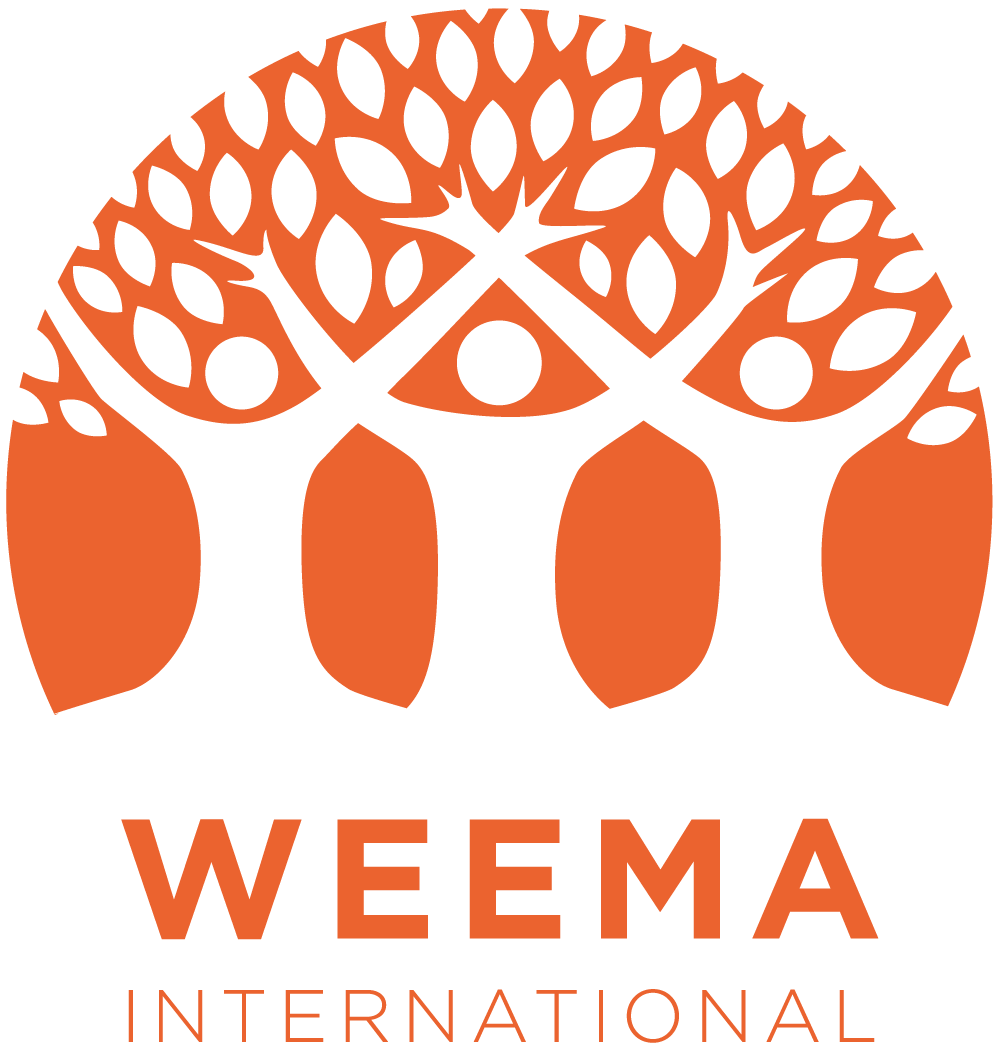Public Libraries
THE ISSUE
Public libraries play a crucial role in Ethiopia's socio-economic and cultural development by providing vital resources for education, information, and community engagement. However, few rural communities have access to public libraries. The importance of public libraries in these areas cannot be overstated due to several reasons.
Education Support: Schools in rural Ethiopia often lack adequate learning resources, which contributes to a significant educational divide between urban and rural communities. Public libraries can bridge this gap by providing access to textbooks, storybooks, educational magazines, and other reading materials.
Information Access: In an increasingly digital world, access to information is crucial. Public libraries can provide internet access, enabling rural Ethiopians to engage with the broader world, find job opportunities, access government services, learn new skills, and more.
Community Hubs: Libraries serve as gathering places for the community, offering safe, inclusive spaces for discussions, meetings, and cultural activities. They contribute to social cohesion, providing opportunities for intergenerational interaction and community bonding.
Cultural Preservation: Libraries can act as cultural repositories, preserving local literature, folklore, and oral histories, thereby helping to uphold and promote Ethiopia's rich cultural heritage. They can also organize cultural events, thereby strengthening community ties and fostering a sense of pride and identity.
WEEMA’S COMMUNITY-LED INTERVENTION
WEEMA has either constructed or renovated three public libraries in the Kembata-Tembaro Zone. WEEMA is also continuing to manage one library that is also serving as a cultural center for the Tembaro people. We have heard many stories of students who have dramatically improved their academic performance by utilizing facilities like the Degale Public Library.
PUBLIC LIBRARIES LOG FRAME
(What is a log frame? A logical framework, often referred to as a log frame, is a planning tool used in international development to design, implement, monitor, and evaluate projects. It establishes a coherent structure to identify and express the project's goals, objectives, activities, inputs, outputs, outcomes, and impacts, while also defining the indicators for measuring success and identifying potential risks and assumptions. This framework fosters accountability and ensures that projects are effectively addressing identified needs and expected results.)
DATA DASHBOARD
SUCCESS STORY
“My name is Banchiybka. I am 13 years old and live with my family. I have 2 brothers and 3 sisters.
My parents cannot afford to buy me reference books, but luckily I go to the Degele Library and Computer Center and am able to use the reference books there. The Degele Library and Computer Center helped me become an excellent primary school student.
I am very happy while studying at Degele public library and computer center. By studying in this library, I am the 4th ranked student in grade 6, and my total average is 85%. But before I started to study at Degele Public Library, my academic performance was not like this. Thanks to WEEMA International Degele Library, my academic performance is getting better and better.”

